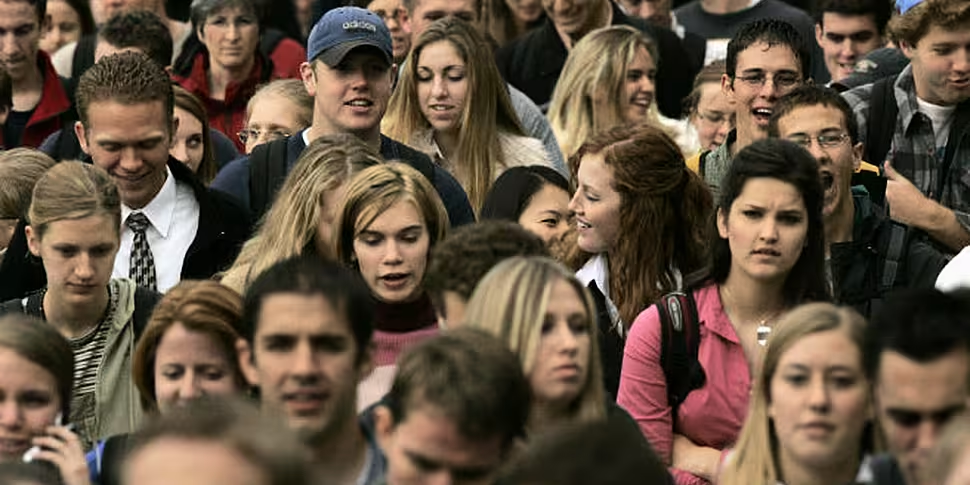Humans are inherently social. All of us are born into some form of ‘crowd’, no man or woman is an island. As Aristotle wrote ‘man is a social animal’. We are always ‘with’ ‘others’.
But what effect does this ever present ‘crowd’ have on us?
This week on Futureproof we speak to Michael Bond about his new book ‘The Power of Others; Peer Pressure, Groupthink, and How the People Around Us Shape Everything We Do’. Michael has done an exhaustive study of social psychology for the last fifty years and found that being social has accounted for some of the best and worst things we have ever witnessed humans do.
Being part of a crowd has caused people to become suicide bombers but also to rescue people from burning buildings or crowded undergrounds. The power of others is the root cause of so much of what we do
You probably don’t realise just how much what others think or ‘groupthink’ effects the things you do and even the thoughts you have. People will often adopt the view of the majority, even when it is clearly wrong. An experiment conducted in the 1950s at the University of California asked students to sit a test in which they had to agree or disagree with a number of unlikely statements such as: “Male babies have an average life expectancy of 25 years.” While the students answered correctly under normal conditions, things changed when other students told them they’d sat the exam earlier and answered in a certain way. The experiement found that these students could then be tricked into agreeing with rubbish statements if they thought that's what the others had done. Just knowing that most other people are doing or thinking something dramatically alters your own thought process in ways you don’t even realise.
But for all the effect that crowds and other people have on us, not being part of a crowd can cause dramatic problems. The book has lots of examples of the strange things that happen to people who are kidnapped or kept in total isolation. One of the strangest effects is the ‘time-shifting’ reported by those who have spent long periods without light and without people around. Take the case of the French geologist Michel Siffre who led an expedition to study an underground glacier beneath the French Alps and ended up staying alone and undeground for two months. While conducting tests with his team when he came back to the surface, they discovered it took him five minutes to count to what he thought was 120 seconds. We need a crowd. Years late Siffre spend much longer in a cave in Texas for a NASA-Sponsored experiment on isolation. He spent nearly six months in the cave but such was his desolation and need for company that he eventually befriended a mouse. We need others.
To hear more of these fascinating cases tune into Futureproof this Saturday from 10am.









